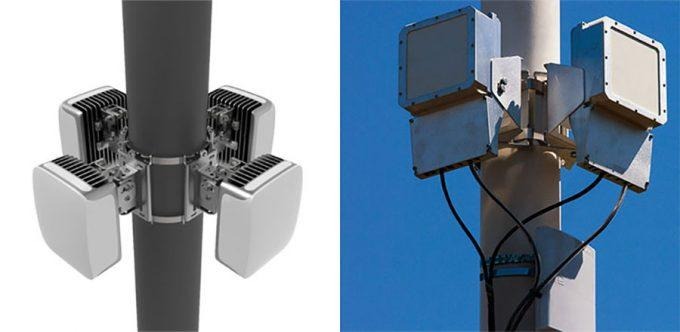Facebook Terragraph and Project Aries aim to deliver fast internet everywhere
Facebook wants people everywhere to have fast internet access. While that is a great thing for being able to access information of all sorts, fast internet everywhere also means more users for Facebook as one of the most visited destinations online. The issue with rolling out faster and faster internet service around the world is the cost associated with laying fiber optic cables. The Facebook Connectivity Lab is working on projects called Terragraph and Project Aries to address these issues.
Both of these systems aim to improve speed, efficiency, and quality of internet connectivity globally. Terragraph is a 60 GHz multi-node wireless system that aims to bring high-speed internet connectivity to dense urban locations. The Terragraph system uses commercial components and leverages the cloud for data processing. Facebook says that the system is designed and optimized for high-volume and low cost production.

Terragraph could deliver gigabits of capacity and uses multiple gigahertz frequencies of spectrum. This spectrum is part of the V-band and is unlicensed along the lines of WiFi bands. The nodes would be placed at 200 to 250 meter intervals in cities and could be one of the lowest cost solutions able to achieve 100% coverage at street-level for gigabit WiFi.
Project Aries is transmission technology and is a proof-of-concept to build a test platform for efficient usage of spectrum and energy. It is a base station with 96 antennas that can support 24 simultaneous streams over the same radio spectrum. Facebook has demonstrated 71bps/Hz of spectral efficiency and when complete Project Aries will boast 100+ bps/Hz of spectral efficiency. The goal of this project is to demonstrate 10x spectral and energy efficiency gains of 4G cellular via massive MIMO technology in multi-point deployments.
SOURCE: facebook
